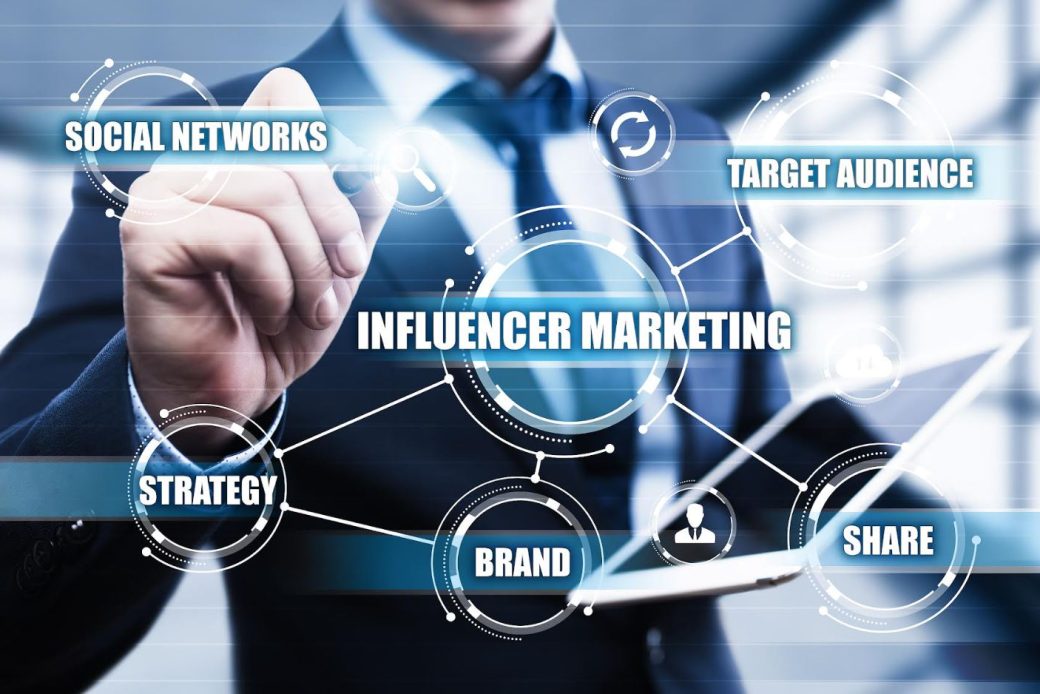The Power Of Social Proof Turning Engagement Into Tangible Business Gains
In today’s interconnected digital landscape, businesses are leveraging the unparalleled power of digital marketing and social media to drive growth, increase sales turnover, and establish global brand recognition. The rapid adoption of technology has fundamentally changed how businesses interact with customers, market their products, and expand their reach. With over 4.9 billion active social media users worldwide, the potential to engage audiences, convert leads, and build a loyal customer base has never been more accessible. From small startups to multinational corporations, businesses are tapping into the digital revolution to stay competitive and relevant in a fast-paced world.
Harnessing Targeted Marketing for Precision and Results

One of the most profound advantages of digital marketing lies in its ability to target audiences with surgical precision. Platforms such as Facebook, Instagram, and Google Ads offer sophisticated targeting tools that allow businesses to tailor campaigns based on user demographics, interests, purchasing behaviors, and even geographic location. This ensures that marketing efforts are focused on audiences most likely to convert, maximizing the return on investment (ROI). For example, a fashion retailer can target users who recently searched for clothing items, while a fitness brand can focus on health-conscious individuals engaging with wellness content. Research shows that personalized marketing campaigns can boost sales by 20%, highlighting the effectiveness of this strategy.
Additionally, digital marketing campaigns offer the advantage of scalability. Businesses can start small, testing strategies and scaling successful campaigns to larger audiences. With tools like A/B testing, companies can experiment with different headlines, visuals, and call-to-actions to determine what resonates best with their target audience. This dynamic approach enables brands to refine their messaging, ensuring continuous improvement and relevance in the marketplace.
Social Media: A Catalyst for Brand Awareness and Community Building
Social media platforms have evolved into powerful marketing tools that go far beyond connecting people. They are now essential channels for building brand awareness, engaging customers, and driving sales. Instagram, with its visually driven interface, is a favorite for product showcases, while TikTok’s viral content potential has become a launchpad for brands targeting younger demographics. LinkedIn, on the other hand, is the go-to platform for B2B marketing, enabling companies to network with industry professionals and showcase thought leadership.
Businesses are also utilizing influencer marketing to tap into pre-existing audiences and build trust. Influencers, who often have deeply engaged followings, can promote products authentically, making them more relatable and appealing. Studies show that 61% of consumers trust influencer recommendations over traditional ads. A single collaboration with the right influencer can result in increased brand visibility, traffic, and sales, sometimes even causing products to sell out within hours.
Furthermore, social media offers businesses a way to humanize their brands by fostering genuine connections with their audiences. Through live sessions, Q&A forums, and user-generated content campaigns, businesses can create interactive experiences that build community and trust. This direct engagement not only boosts customer loyalty but also provides valuable insights into consumer preferences and behaviors.
Data-Driven Decision Making: The Key to Success
One of the most significant game-changers in digital marketing is the wealth of data available to businesses. Analytics tools such as Google Analytics, Facebook Insights, and HubSpot provide real-time data on campaign performance, customer behavior, and market trends. Businesses can analyze metrics such as click-through rates, engagement levels, and conversion rates to understand what’s working and what needs improvement. This data-driven approach allows for continuous optimization, ensuring marketing efforts remain effective and aligned with business objectives.
For example, e-commerce businesses often use heatmaps and conversion tracking to identify where users drop off during the purchasing journey. By addressing these pain points—such as simplifying checkout processes or offering personalized product recommendations—they can significantly increase sales. Data also plays a critical role in predicting trends and staying ahead of the competition, enabling businesses to adapt quickly to changing consumer demands.
Empowering Small Businesses to Compete Globally
Digital marketing has leveled the playing field, enabling small and medium-sized enterprises (SMEs) to compete with established industry giants. With a modest budget and a well-thought-out strategy, even small businesses can achieve exponential growth. Success stories abound of startups leveraging viral trends, creative storytelling, and innovative campaigns to carve out a niche in competitive markets.
Consider the rise of direct-to-consumer (DTC) brands that have disrupted traditional industries. By harnessing platforms like Shopify for e-commerce and Instagram for targeted advertising, many DTC brands have bypassed traditional retail channels and built direct relationships with customers. Their success demonstrates the transformative power of digital marketing in driving sales and establishing brand loyalty.
The Future of Marketing Is Digital
The rapid pace of technological advancements continues to open new doors for businesses. Artificial intelligence (AI), augmented reality (AR), and machine learning are reshaping digital marketing by enhancing personalization and creating immersive experiences. AI-powered chatbots, for instance, provide instant customer service, while AR allows users to virtually try on products before making a purchase. These innovations not only improve the customer experience but also give businesses a competitive edge in attracting and retaining clients.

In conclusion, businesses that embrace digital marketing and social media as core components of their strategies are positioned to thrive in the modern economy. These tools are no longer optional but essential for driving growth, building brand recognition, and engaging with customers in meaningful ways. By continuously adapting to emerging trends and leveraging the full potential of digital platforms, businesses can ensure long-term success in a constantly evolving marketplace. The digital revolution is here, and those who innovate will shape the future of commerce.

Call us today on Tel: +254724740527 to learn more about how our weekly digital marketing newsletter can help your business succeed.
You Can Also Get To Us Through Our Email Address: mansoor@goplacesonline.com
Follow us on our social media platforms:






